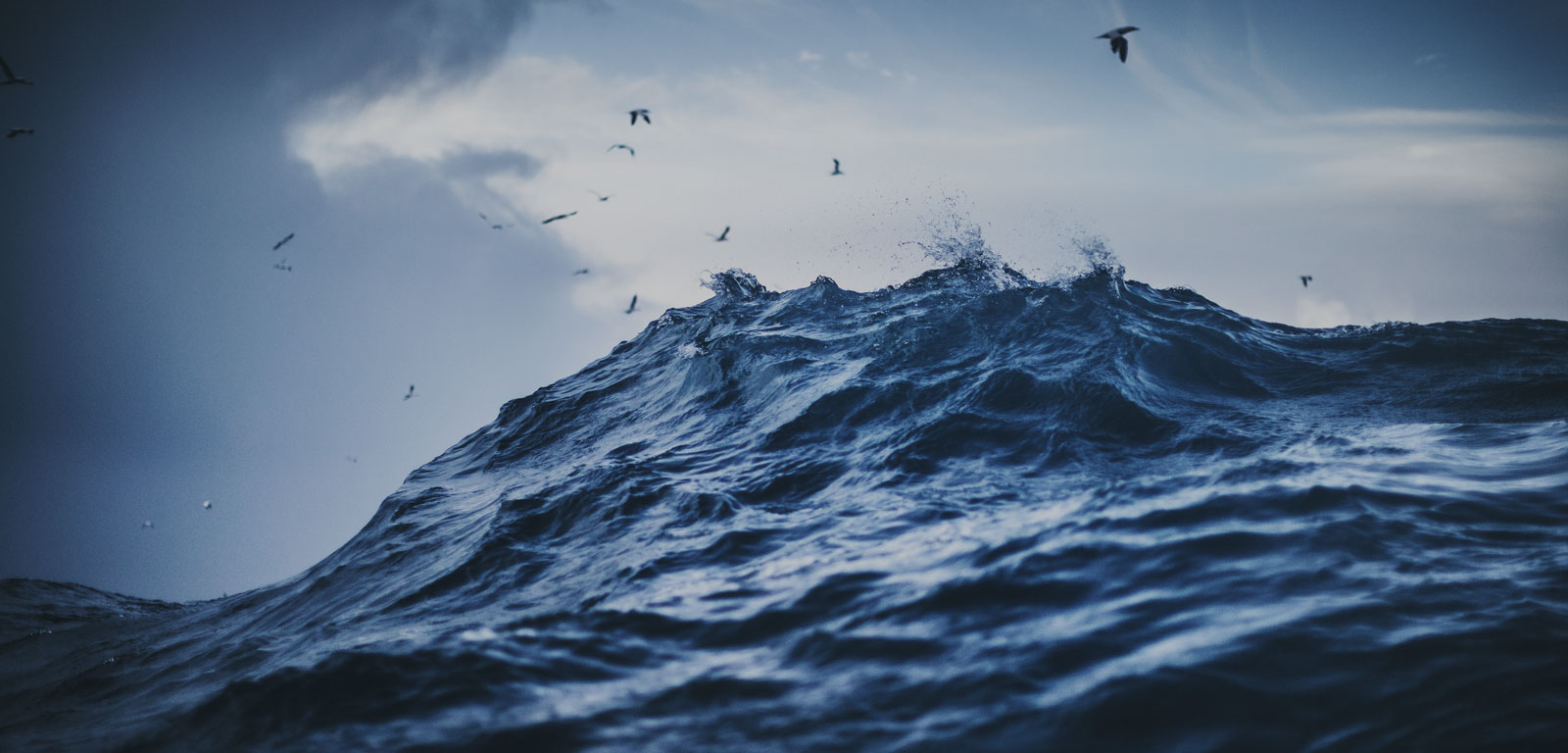Subject
Introduction to Chemical Oceanography
General details of the subject
- Mode
- Face-to-face degree course
- Language
- English
Study types
| Type | Face-to-face hours | Non face-to-face hours | Total hours |
|---|---|---|---|
| Lecture-based | 9.5 | 14.2 | 23.8 |
| Applied laboratory-based groups | 12 | 18 | 30 |
| Workshop | 5 | 7.5 | 12.5 |
| Applied fieldwork groups | 11 | 16.5 | 27.5 |
Training activities
| Name | Hours | Percentage of classroom teaching |
|---|---|---|
| Acquiring basic fieldwork skills | 21.0 | 58 % |
| Acquiring basic instrumental skills | 20.0 | 66 % |
| Application Workshops | 5.0 | 99 % |
| Expositive classes | 47.75 | 22 % |
Assessment systems
| Name | Minimum weighting | Maximum weighting |
|---|---|---|
| Practical tasks | 10.0 % | 10.0 % |
| Written examination | 90.0 % | 90.0 % |
Temary
SOES6015The format of the module is lecture based. Calculations and simple exercises will be set throughout the course to allow students to employ the skills learnt in a practical sense that is relevant to their discipline.
Chemical oceanography covers many facets of marine environmental science and a multitude of different spatial and temporal scales. Topics covered in this module span from evolution of the ocean to controls on chemical speciation in sea water and molecular diffusion processes. Chemical processes are essential in biological systems, they control the geology of the planet and they are key tracers utilised in understanding the physics of the ocean.
Resources and reading list
The lecture material is summarised at blackboard.soton.ac.uk. Instructions for accessing this material will be given during the course.


